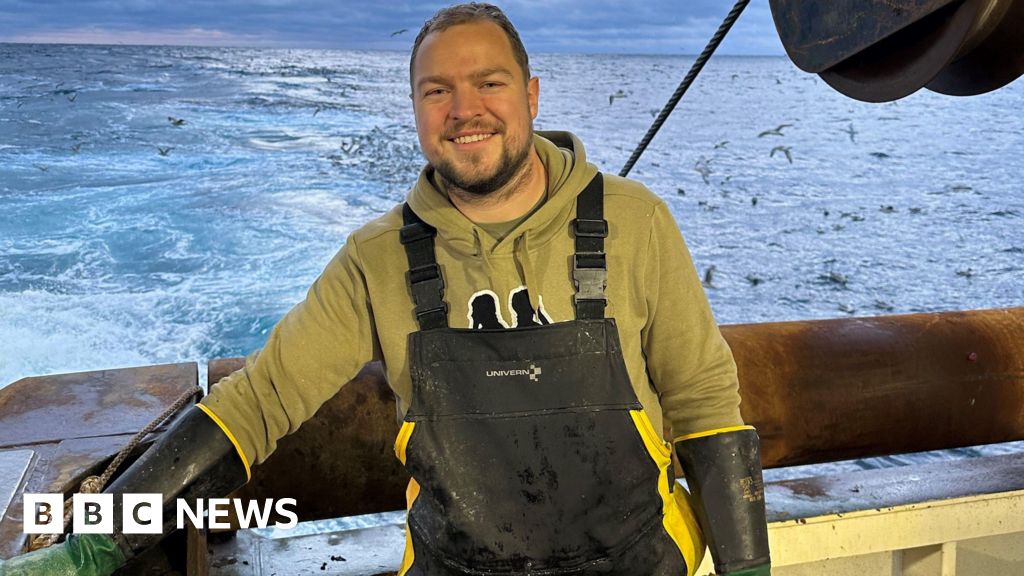Here is the plain text result:
The Arctic recently made headlines after Donald Trump repeated his desire to buy Greenland. Trump cited national security interests, but for many the territory’s vast mineral wealth is the main attraction. Yet economic development elsewhere in the vast polar region has ground to a halt.
Working conditions in the Arctic Ocean are extremely challenging at this time of the year for Norwegian fisherman Sondre Alnes-Bonesmo. The sun last rose at the end of October, and it is not due to appear in the sky again until the middle of February. In addition to the endless dark, temperatures can plummet below minus 40C, and storms can bring vast waves.
Mr Alnes-Bonesmo, 30, works two six-hour shifts a day, during five-week tours on a ship called Granit. One of the largest factory trawlers fishing in Arctic waters north of Norway, and off the coast of Greenland, it doesn’t stop for winter. Unsurprisingly, he prefers the endless daylight of summer. “I do like it when the weather is nice, as we’re not sent crashing into the walls and such, the way we are during storms, when the waves can be fairly big,” he grins in understatement.
Mr Alnes-Bonesmo is a participant in the so-called Arctic “cold rush”. A play on words with gold rush, it began in earnest around 2008 when a series of reports identified vast mineral and hydrocarbon reserves across the Arctic region. Reserves that, together with large fishing stocks, could continue to become more accessible as climate change reduces ice levels.
Following Russia’s invasion of Ukraine in 2022 much of the planned economic development of the Arctic region ground to a halt as relations between Russia and the West deteriorated.
Commentators say that while poor relations with Russia is a key reason why Norway is wary of ploughing money into Arctic projects, its interest in the polar region had already cooled. Helene Tofte, director of international cooperation and climate at the Norwegian Shipowners Association, says that in hindsight the outlook for shipping in the Arctic had been “exaggerated”. She points out that despite the impact of climate change, the Arctic remains a difficult place in which to operate.
The US already has a number of oil wells above the Arctic Circle in Alaska.
Source link




